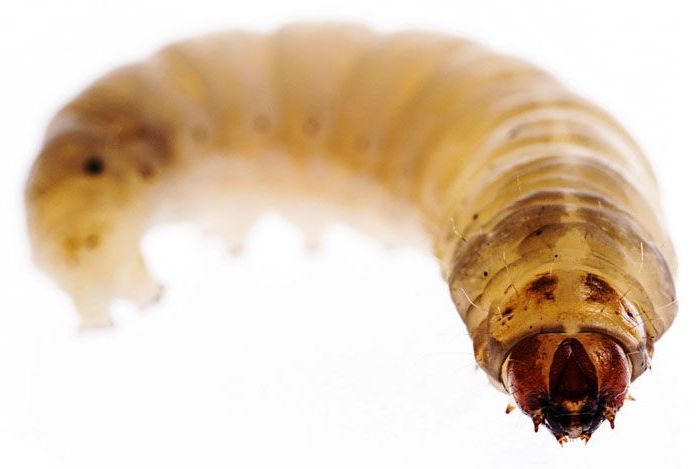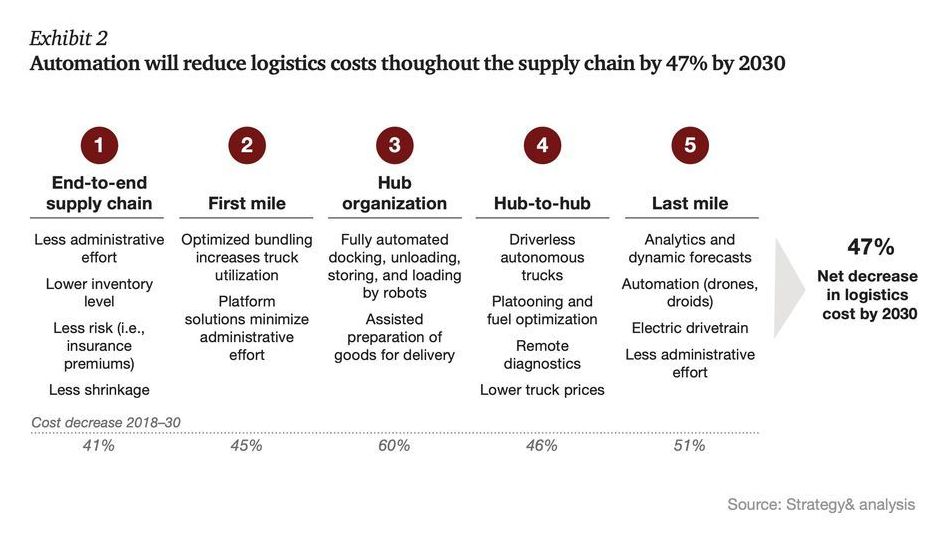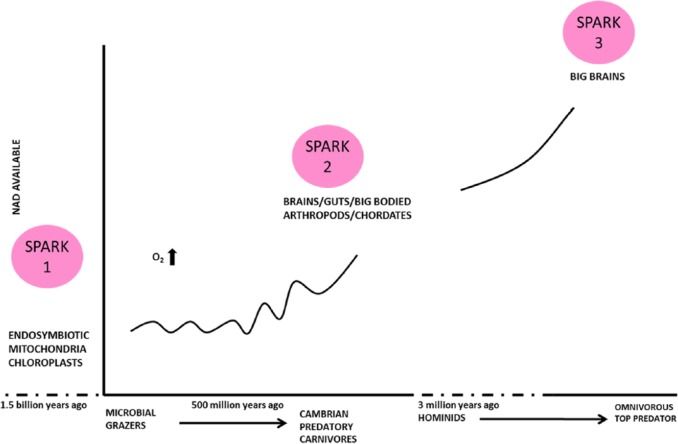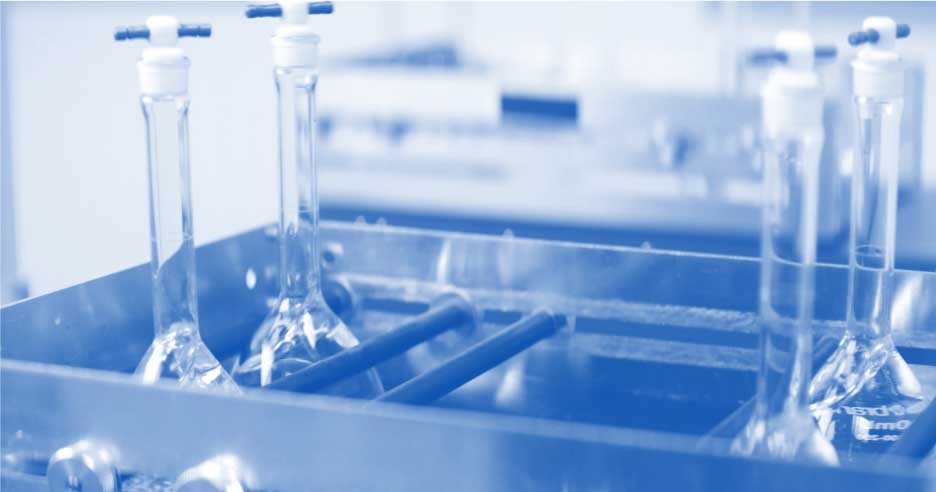The coronavirus outbreak in China has had a foreseeable but unintended consequence. Truck drivers have refused to make deliveries into areas either identified as or suspected of harboring the disease.
This has interrupted not only the flow of minerals out of the affected areas but also the refining and manufacturing of metals, food, and fuel. Among the under-reported deficiencies thereby caused the most important ones for the global rare earths production and utilization industries is the interruption in the flow of chemical reagents necessary for refining rare earths and for producing metals, alloys, and magnets.
Critical materials-based supply chains may be hanging by a thread, the thread of the size of existing Chinese inventories. The coronavirus outbreak in China has had a foreseeable but unintended consequence.






